Hague: Frmr army intelligence head takes stand
Geza Farkas, former VJ intelligence chief, testified Wednesday in the Kosovo Six trial at the Hague Tribunal.
Thursday, 27.09.2007.
15:23

Geza Farkas, former VJ intelligence chief, testified Wednesday in the Kosovo Six trial at the Hague Tribunal. Geza Farkas, who headed the Yugoslav Army (VJ) Security Directorate during the 1999 war in Kosovo, is testifying in the defense of the former chief of General Staff, General Dragoljub Ojdanic. Hague: Frmr army intelligence head takes stand Ojdanic is one of the six top former Serbian and Yugoslav officials charged with being responsible for war crimes committed in Kosovo. Farkas repeated what he had said the first time he had testified before the Tribunal, in November 2005, at the trial of Slobodan Milosevic. Again, he claimed that the military leadership did all it could to prevent the crimes in Kosovo and punish the perpetrators as soon as it learned about them. In late 1999, there were suspicions that crimes against Albanian civilians took place, Farkas told the judges. Ojdanic sent him and a group of military intelligence officers to Kosovo. After a two-day visit to the province, he came back to Belgrade and told the general that some of the Army personnel had been involved in crimes, but that "95 percent of the perpetrators had been prosecuted or were under investigation." The only thing the General Staff was unhappy about, Farkas explained, was the fact that the reports about the crimes and what was being done in reaction did not reach them, because the combat reports were filtered in the chain of command, although he did not elaborate on this claim. After specific information about the crimes was obtained, two meetings were held. The first was on May 16 in the General Staff, and the second in Slobodan Milosevic’s office, the next day. At those meetings, General Nebojsa Pavkovic, another Kosovo Six indictee, reported on the crimes in Kosovo, blaming them primarily on the para-police forces. Milosevic demanded the withdrawal of all irregular units from Kosovo, the witness said. He also "demanded that all the perpetrators be punished and new crimes prevented, even if it meant to close off the border on the Drina to prevent the infiltration of the paramilitaries," who then went on to commit crimes in the name of the military and police. Apart from the problem of the paramilitary formations infiltrating from across the Drina river, i.e., Bosnia, the army faced the problem of crimes committed by the armed groups from Albania wearing VJ uniforms, Farkas told the court. As he explained at the Milosevic trial, "they spoke perfect Serbian and committed crimes wearing VJ uniforms."
Hague: Frmr army intelligence head takes stand
Ojdanić is one of the six top former Serbian and Yugoslav officials charged with being responsible for war crimes committed in Kosovo.Farkas repeated what he had said the first time he had testified before the Tribunal, in November 2005, at the trial of Slobodan Milošević.
Again, he claimed that the military leadership did all it could to prevent the crimes in Kosovo and punish the perpetrators as soon as it learned about them.
In late 1999, there were suspicions that crimes against Albanian civilians took place, Farkas told the judges.
Ojdanić sent him and a group of military intelligence officers to Kosovo. After a two-day visit to the province, he came back to Belgrade and told the general that some of the Army personnel had been involved in crimes, but that "95 percent of the perpetrators had been prosecuted or were under investigation."
The only thing the General Staff was unhappy about, Farkas explained, was the fact that the reports about the crimes and what was being done in reaction did not reach them, because the combat reports were filtered in the chain of command, although he did not elaborate on this claim.
After specific information about the crimes was obtained, two meetings were held.
The first was on May 16 in the General Staff, and the second in Slobodan Milošević’s office, the next day. At those meetings, General Nebojša Pavković, another Kosovo Six indictee, reported on the crimes in Kosovo, blaming them primarily on the para-police forces.
Milošević demanded the withdrawal of all irregular units from Kosovo, the witness said. He also "demanded that all the perpetrators be punished and new crimes prevented, even if it meant to close off the border on the Drina to prevent the infiltration of the paramilitaries," who then went on to commit crimes in the name of the military and police.
Apart from the problem of the paramilitary formations infiltrating from across the Drina river, i.e., Bosnia, the army faced the problem of crimes committed by the armed groups from Albania wearing VJ uniforms, Farkas told the court. As he explained at the Milošević trial, "they spoke perfect Serbian and committed crimes wearing VJ uniforms."










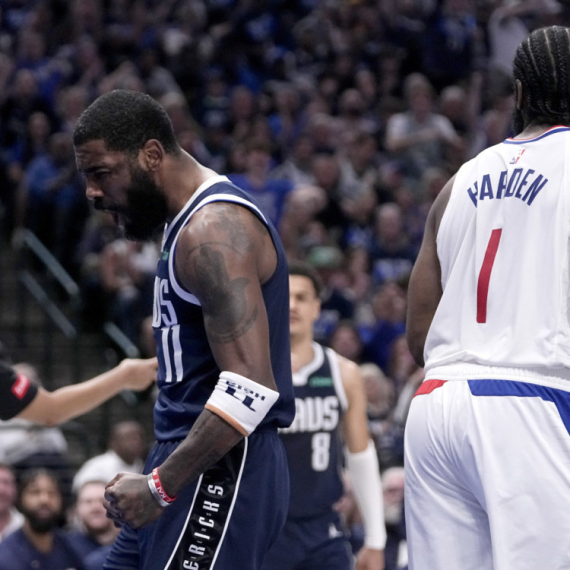


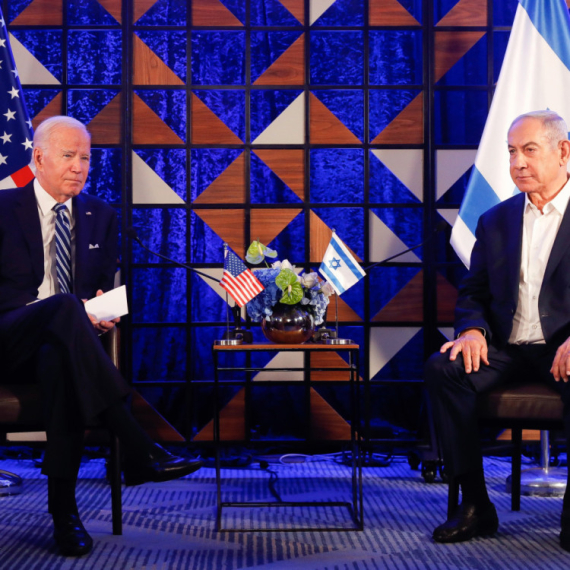
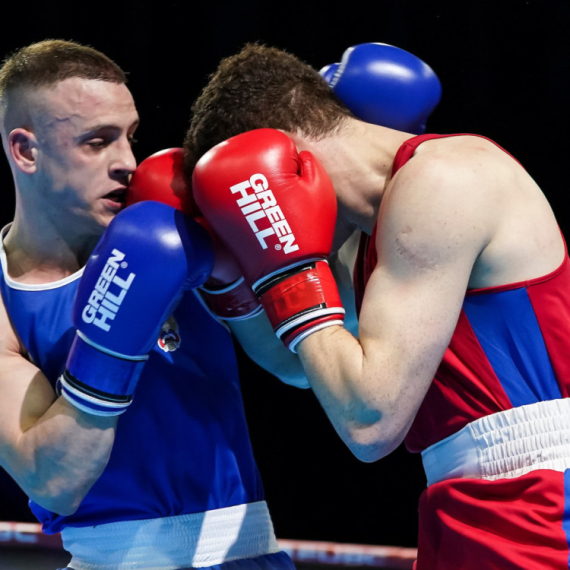










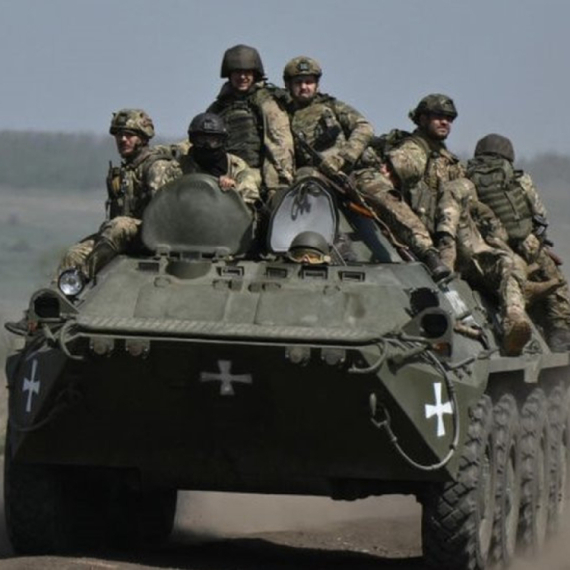
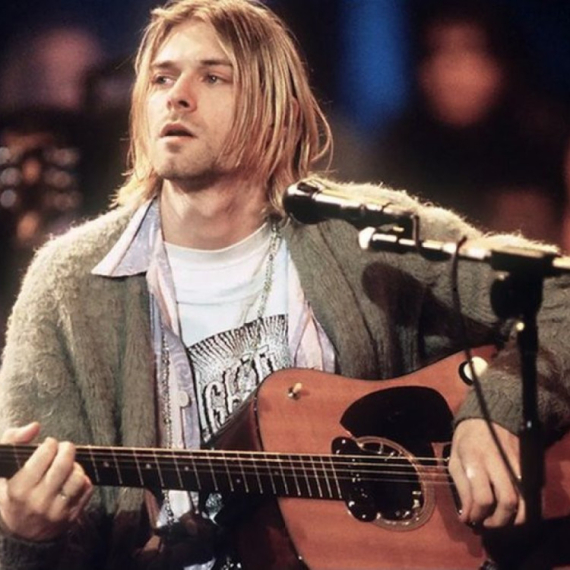
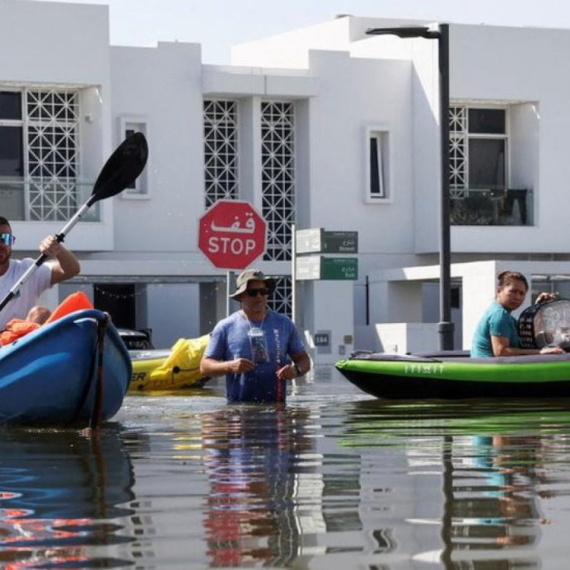



Komentari 0